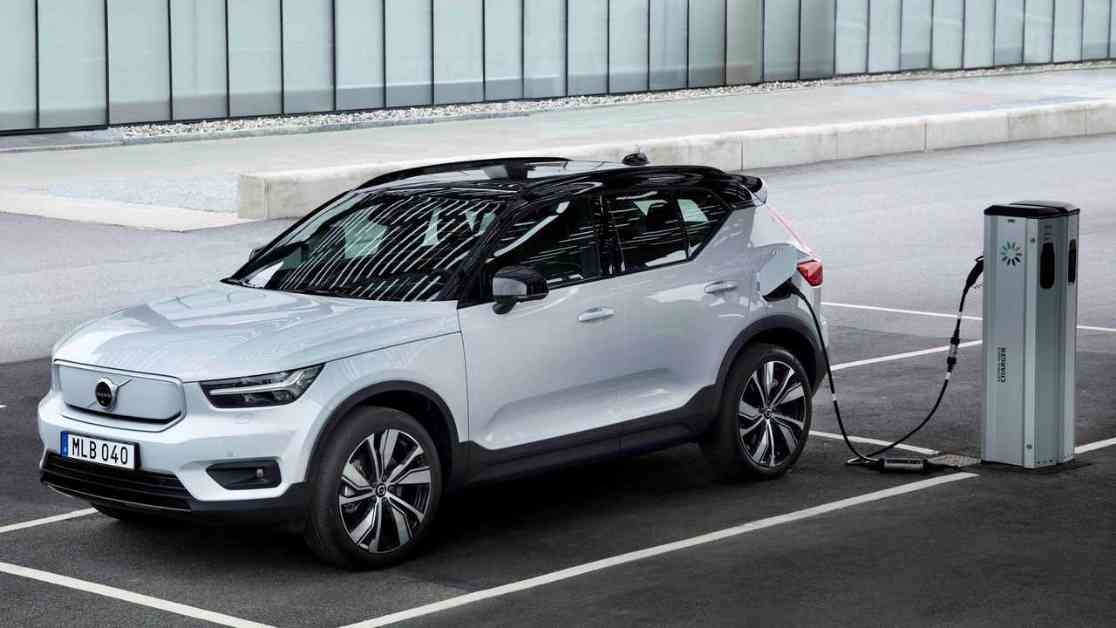Volvo, along with 49 other companies, is calling for Europe to ban the sales of new cars with gas engines by 2035. This declaration emphasizes the importance of electrification in reducing carbon emissions in the automotive industry. While Volvo has already phased out diesel cars and is focusing on plug-in hybrids and electric vehicles, other automakers like Rivian are also supporting the ban on gas and diesel cars.
It’s worth noting that the ban on gas cars in Europe does not necessarily mean the end of combustion engines. The European Commission is considering allowing vehicles running on synthetic fuel or hydrogen to continue being sold after 2034. This exemption was demanded by Germany and is seen as a way to ensure a transition to more sustainable forms of transportation.
Volvo’s commitment to electric vehicles is evident in its projections for the future. By 2030, the company expects that 90-100% of its sales will be plug-in hybrids or electric vehicles. This shift away from traditional combustion engines is in line with the company’s goal to reduce its carbon footprint and contribute to a more sustainable future.
While some critics, like Italy’s Minister of the Environment and Energy Security, have called the proposed ban on gas cars “absurd,” Volvo and other companies believe that electrification is the way forward. This transition to electric vehicles not only aligns with environmental goals but also reflects the changing landscape of the automotive industry globally.
As Volvo continues to phase out combustion engines and focus on electric vehicles, it remains at the forefront of innovation in the industry. By supporting the ban on gas cars in Europe, Volvo is demonstrating its commitment to sustainability and driving positive change in the automotive sector.










